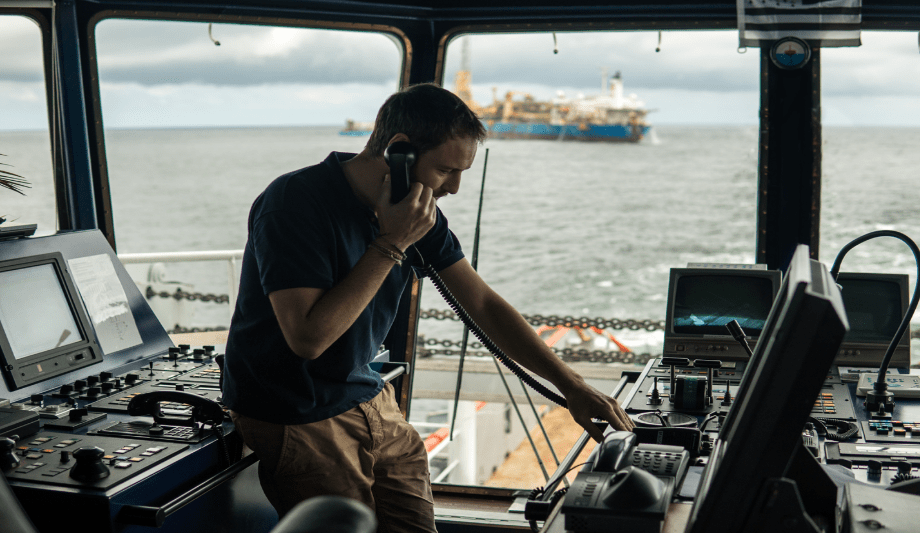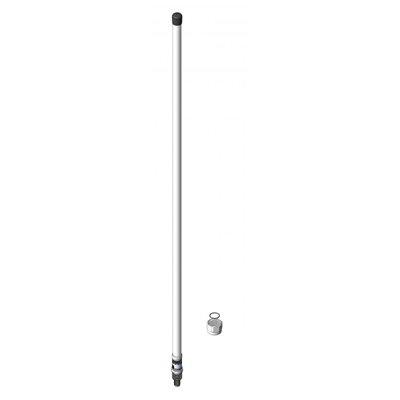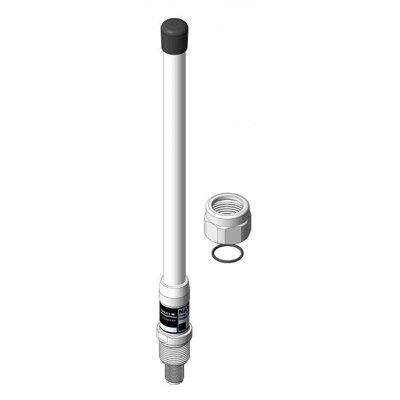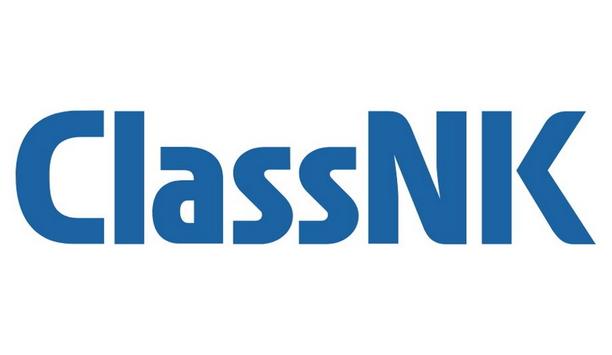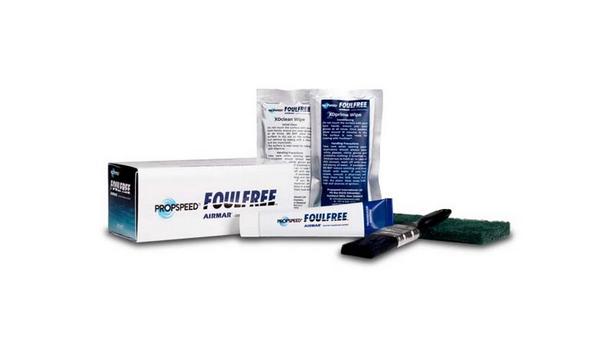It’s perhaps easy to take for granted that ships today can communicate rather easily with their shoreside offices. What is often overlooked, however, is the growing importance of being able to instantly share data between ship and shore and with all relevant stakeholders.
The close integration of onboard operations and the shoreside offices is faster and easier than ever thanks to high-speed internet connections. It is also, at the same time, significantly more essential than it has been in the past. The reason for this is that situational awareness has emerged as a central factor in maintaining safe and efficient fleet operations.
Ship’s officers should know what lies ahead
The ship’s officers need to know what lies ahead, be it the weather and sea conditions, the location of environmental zones, potential piracy risks or congested channels.
There is only so much that they can learn of such things themselves without help and advice. With the right use of technology, that help can be easily provided by the shoreside office.
Monitor what is happening onboard
With the right data, ship managers can determine the operational performance of each ship
At the same time, the company needs to know and be able to monitor what is happening onboard the ship. The noon report, for example, provides data prepared by the ship’s chief engineer on a daily basis.
This includes the vessel’s position and other relevant standardised data needed to assess the performance of the ship based on its speed and environmental forces, including weather conditions.
With the right data provided, ship managers can determine the operational performance of each ship, make comparisons for fleet optimisation and provide the information needed to satisfy charter party agreements.
Instant communication is the key
Being able to communicate is one thing but gaining access to the necessary information to communicate can be quite another and being able to share this information instantly is perhaps most important of all.
Let’s look at why this is. Essentially, it comes down to the benefits of being able to act pre-emptively. Ships are always, in one way or another, sailing into the unknown.
There may be severe weather conditions up ahead, there can be high risk areas and emissions restriction zones through which to navigate and the optimal route for arriving at the right time and with determined efficiency. Having a detailed and accurate understanding of these challenges in advance allows pre-emptive precautions and adjustments to be taken.
Digital technology
Digital technology overcomes all the disadvantages of traditional communication methods. With long email chains, for example, important information can easily be missed or overlooked.
Conversely, instant access through digital technology to relevant data is a key enabler for efficiency and risk abatement, as well as for the safety of the ship and its crew.
Speeding and simplifying data-sharing support
The OneOcean platform has been designed and developed to make ship-to-shore-to-ship communications faster
The OneOcean platform has been designed and developed specifically to make ship-to-shore-to-ship communications as fast and uncomplicated as possible.
With the number of regulations to abide by, mandated by the IMO, as well as several regional and local ones, remaining informed and compliant is exceedingly difficult without connectivity.
For ships to be able to access and visualise information that makes up the legislative minefield in real-time is a tremendous benefit and one that could save the company from hefty non-compliance fines.
OneOcean’s FleetManager
OneOcean’s FleetManager enables shoreside ship managers to closely monitor their fleets at all times. Furthermore, the ships’ passage plans can be accessed through the solution, allowing users to track live routes against pre-approved plans.
Office-based teams can track the progress of their ships and alert bridge teams should there be deviations, scheduling issues, potential risk situations and virtually anything else they need to be aware of.
Carry out due diligence on passage plans
Another very topical area where FleetManager can provide valuable support comes from the recent UK Supreme Court decision on the case of the CMA CGM Libra vessel.
Passage planning will now need to be extremely meticulous to ensure compliance
Under this decision, ship owners are now obligated to carry out due diligence on passage plans, before or at the commencement of a voyage, to verify the vessel’s seaworthiness. This is a monumental change to earlier procedures.
Passage planning will now need to be extremely meticulous to ensure compliance with the various regulations, guidelines and procedures in place. The internal workload is notably increased but can be alleviated by OneOcean’s digitalised, interconnected technology.
Situational awareness
In the opening paragraph, situational awareness was highlighted as being a central factor in enabling safe and efficient fleet operations; FleetManager provides this situational awareness.
The solution uses both satellite and terrestrial Automatic Identification System (AIS) tracking to deliver remote monitoring and real-time intelligence services. It is compatible with all AIS platforms and vessel positions can be displayed regardless of the tracking provider.
If there is ever a recipe for vessel safety, efficiency, risk abatement and regulatory compliance, the key ingredient has to be ship-to-shore connectivity. FleetManager is the solution to make this happen.
